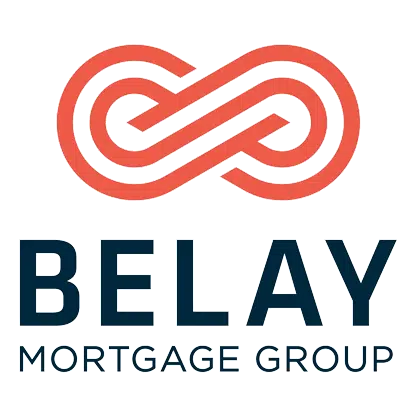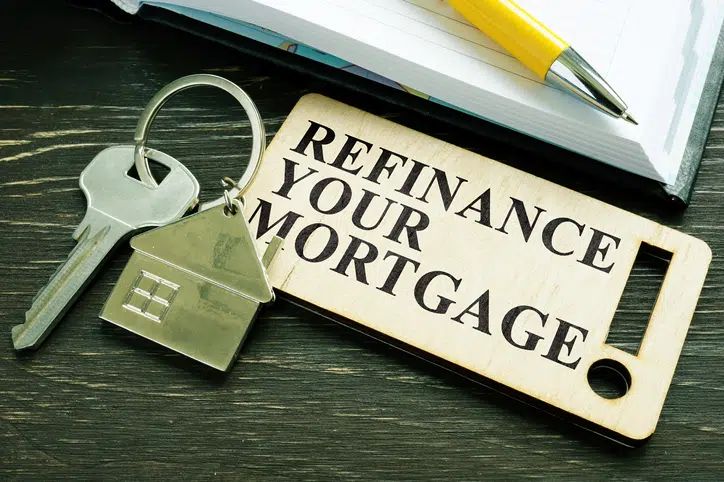One of the most important decisions when buying a home is choosing the right mortgage loan because it is an investment. With so many options on the market, it can be hard to decide which one is best for you.
In this blog post, we will compare different types of mortgage loans and help you determine which one is the right choice for your financial needs. Whether you’re a first-time homebuyer or looking to refinance your existing mortgage, we’ll provide you with the information you need to make an informed decision.
FHA vs. Conventional
FHA loans are backed by the Federal Housing Administration, which makes them attractive to borrowers who may not have the best credit scores or financial history. An FHA loan allows borrowers to make a down payment of as little as 3.5%, and the interest rates tend to be lower than conventional loans. However, FHA loans come with additional fees and charges, including an up-front mortgage insurance premium and annual mortgage insurance premiums.
Conventional loans are not backed by the government, so they typically require a higher credit score and a larger down payment than FHA loans. Conventional loans generally have slightly higher rates than FHA loans, as they are credit-score driven (while FHA loans are not). However, FHA loans have an upfront fee, making their closing costs higher than mortgages taken with conventional loans.
ARM vs. Fixed-Rate
When it comes to choosing a mortgage loan, two of the most popular options are an adjustable-rate mortgage (ARM) and a fixed-rate mortgage.
With an ARM loan, your interest rate may change over time. The initial rate is sometimes lower than what you would find with a fixed-rate loan, which could make this option a good choice if you don’t plan on staying in your home long term, or if monthly payments in the short term or more important to you. However, the potential downside is that your interest rate may increase significantly, making your payments unaffordable.
On the other hand, with a fixed-rate mortgage, your interest rate is locked in for the entire term of the loan. This is a great option for those who are more risk-averse and don’t want the uncertainty of an ARM. The downside is that the interest rate may be higher than what you’d get with an ARM.
Jumbo vs. Non-Jumbo
A jumbo mortgage loan is a loan that exceeds the conforming loan limit set by the Federal Housing Finance Agency. This limit is currently set at $1,089,300. Jumbo loans are typically more expensive than non-jumbo loans due to their higher risk level, as lenders must assume a greater risk when loaning large sums of money. On the other hand, non-jumbo loans are loans that fall within the conforming loan limit set by the Federal Housing Finance Agency. These loans offer more flexible terms, allowing borrowers to take advantage of lower interest rates, down payments, and potentially better terms and conditions. Additionally, non-jumbo loans can often be used for refinancing purposes. You can use the money for other projects within the property, for example, extending the garage, building a deck, etc.



